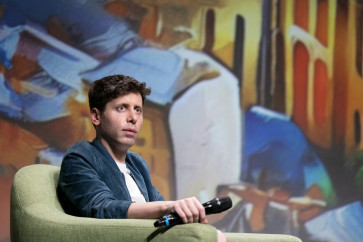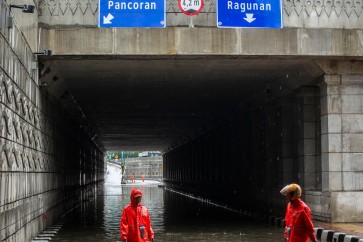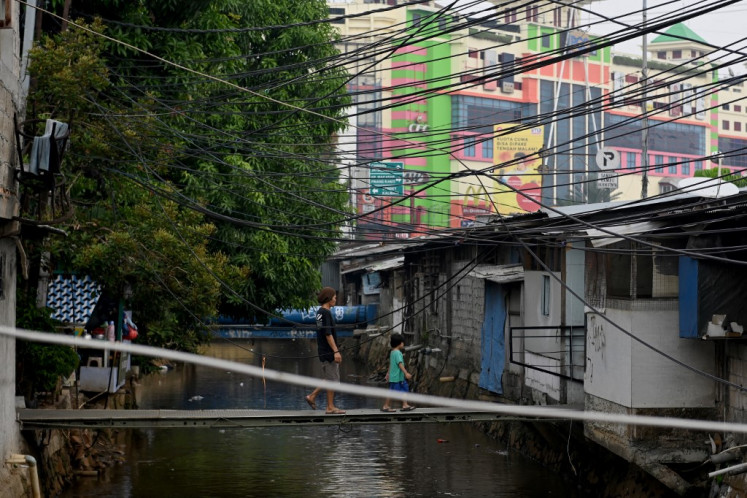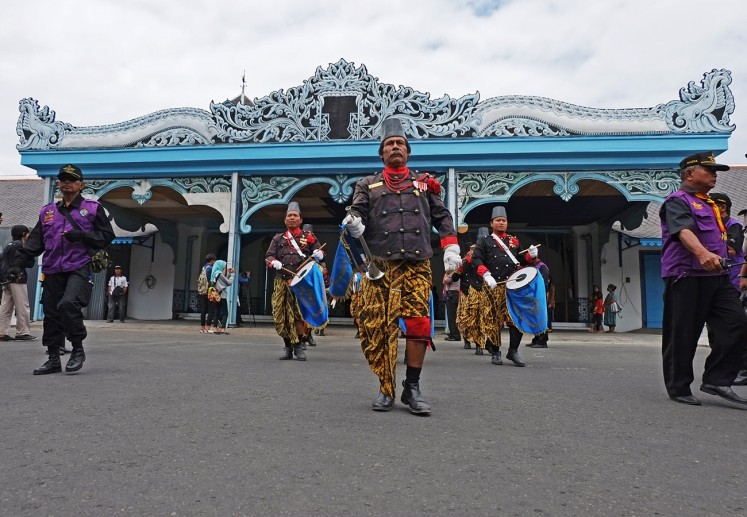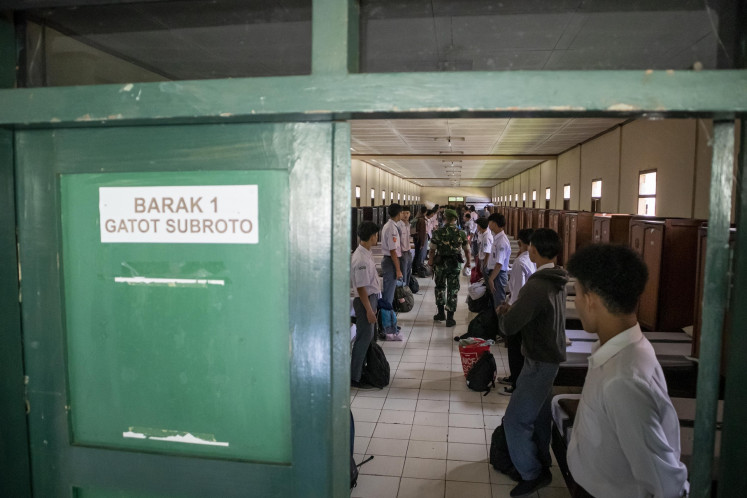Despite the talk, no change in sight for UNSC
Major changes to the way the United Nations Security Council (UNSC) is arranged likely remain a long ways off, while the UN Secretary-General would not comment on Indonesia's chances for permanent membership on the council
Change text size
Gift Premium Articles
to Anyone

M
ajor changes to the way the United Nations Security Council (UNSC) is arranged likely remain a long ways off, while the UN Secretary-General would not comment on Indonesia's chances for permanent membership on the council.
“When it comes to structure reform, like in the Security Council… there will be dramatic changes,” UN Secretary-General Ban Ki-moon told a press conference on Saturday after the ASEAN-UN Summit in Nusa Dua, Bali.
“The Security Council is reformed by expanding its membership, and becoming more democratic and truly representing way. That needs consensus of member states.”
He said that the general assembly had been conducting informal negotiations on UNSC reforms over the last three years, and that many member states had proposed ideas.
“But nothing until now has been made,” Ban said.
“Why member states are of the opinion that the Security Council should be reformed in a democratic way, they have not yet commented.”
He said that member states should start reaching a consensus of, for example, who should be elected, for how long and what to do with categories of permanent members and non-permanent members if they wanted to carry out UNSC reform programs.
“All of this needs to be decided trough negotiations by the member states,” said Ban.
When asked about Indonesia's chances of becoming a permanent member of the UNSC is, Ban did not reply.
Indonesian Foreign Minister Marty Natalegawa has said that Indonesia has what it takes to sit in one of the UNSC’s permanent seats, citing that it is the largest Muslim-majority nation and the third-largest democracy in the world, as well as support Indonesia has secured from other members of ASEAN, which it is currently chairing.
With the US and China already expressing support for India's bid for a permanent seat in the UNSC, Marty said he remained optimistic about Indonesia's chances, arguing that “there is still room for both Asian countries”.
“If you are keen to ensure that the Security Council is more representative, I can’t think of a better way than seeing Indonesia — a country that is comfortably promoting development and progress — become a permanent member,” he said last year.
He said that should Indonesia be excluded from the UNSC, the world would be at a disadvantage.
Marty said Indonesia’s capabilities had been tested time and again, as it had served three times as a non-permanent member of the UNSC – in 1973-1974, 1995-1996 and 2007-2008.
Although Indonesia’s international profile is rising, thanks to the country’s chairmanship in ASEAN this year, University of Indonesia security expert Andi Widjajanto said the main problem with the UN’s reforms was that there were no discussions amending the body’s existing charter.
“Indonesia should stop touting static factors — such as being the third-largest democracy and having the largest Muslim population — and start proving its ability to maintain peace and stability, at least in East Asia,” he said earlier.
Andi said Indonesia could represent East Asia at the UNSC, just as India, Nigeria and Brazil would represent South Asia, Africa and Latin America, respectively.
He also said it remained unclear which countries Indonesia should seek support from as UN reforms were not complete.
On Saturday, ASEAN and the UN launched comprehensive partnerships in the fields of political and security, economy and socio-culture.
The UN also honored President Susilo Bambang Yudhoyono as the first global champion of disaster-risk reduction.
“Within weeks of taking office, President Susilo Bambang Yudhoyono was confronted with one of the worst disasters in his country’s history. He rose to the occasion and set about transforming risk management in Indonesia through a series of far-reaching measures which will be enduring part of his political legacy,” UN International Strategy for Disaster Reduction (UNDISR) chief Margareta Wahlstrom said.


